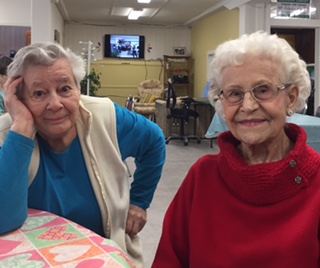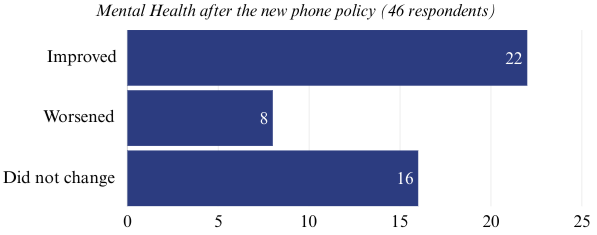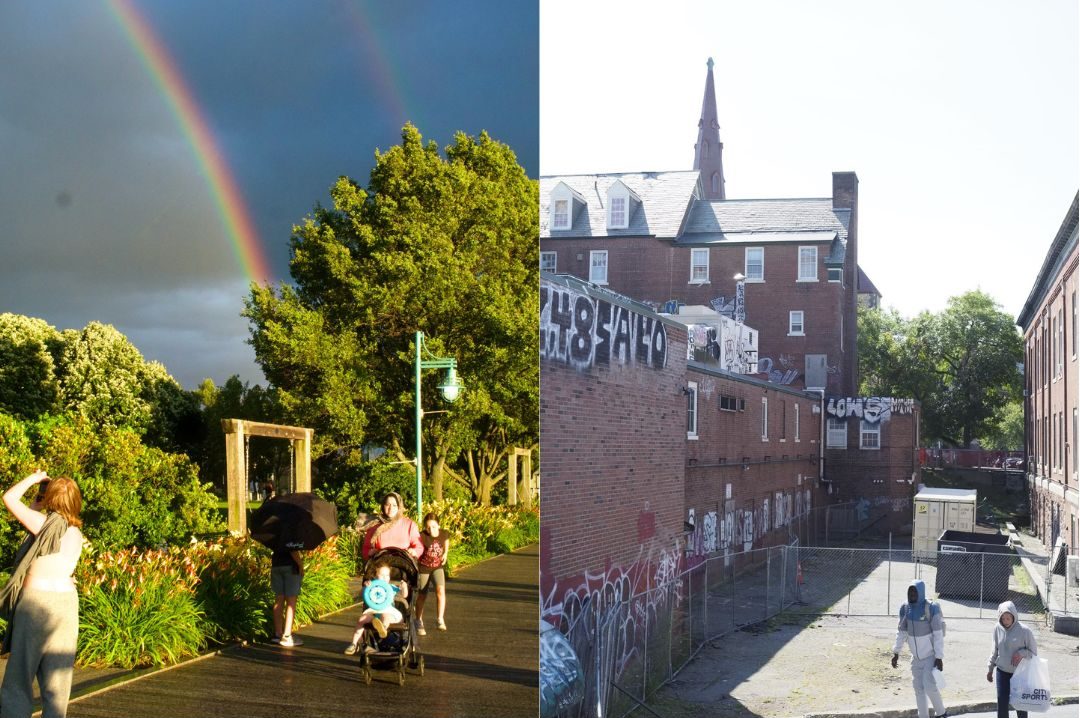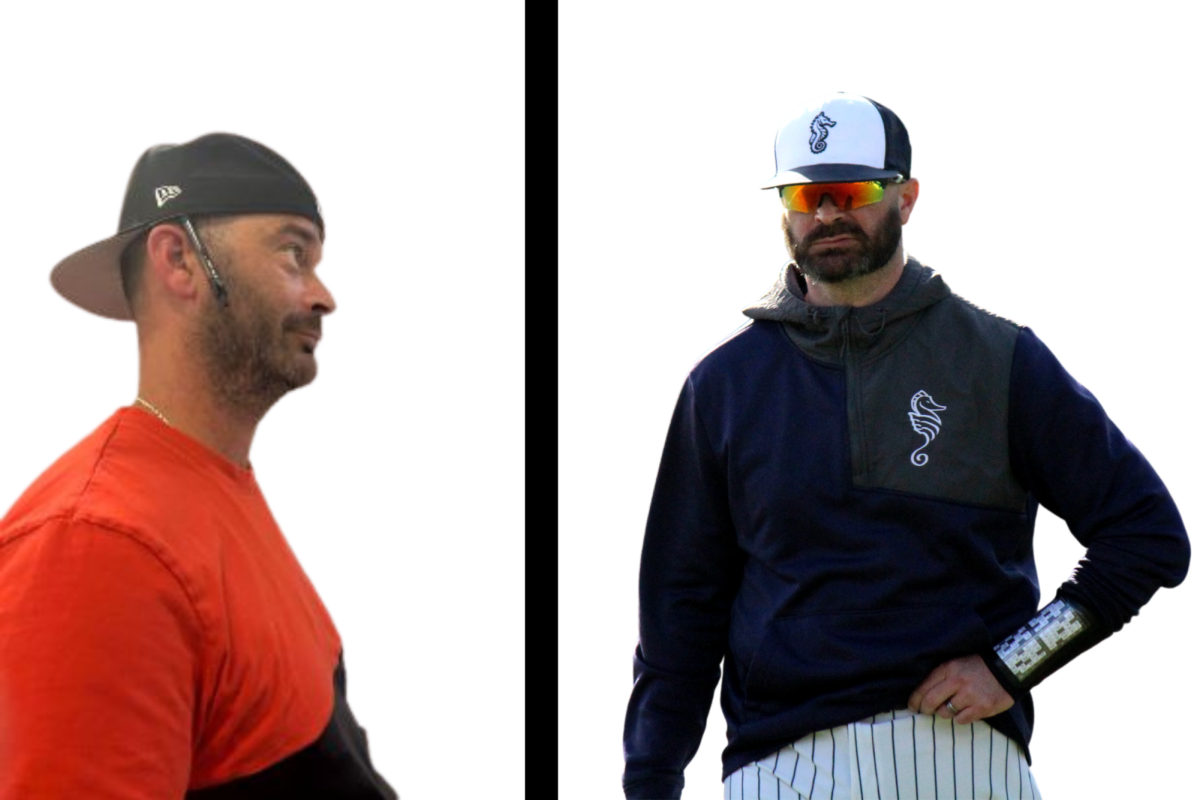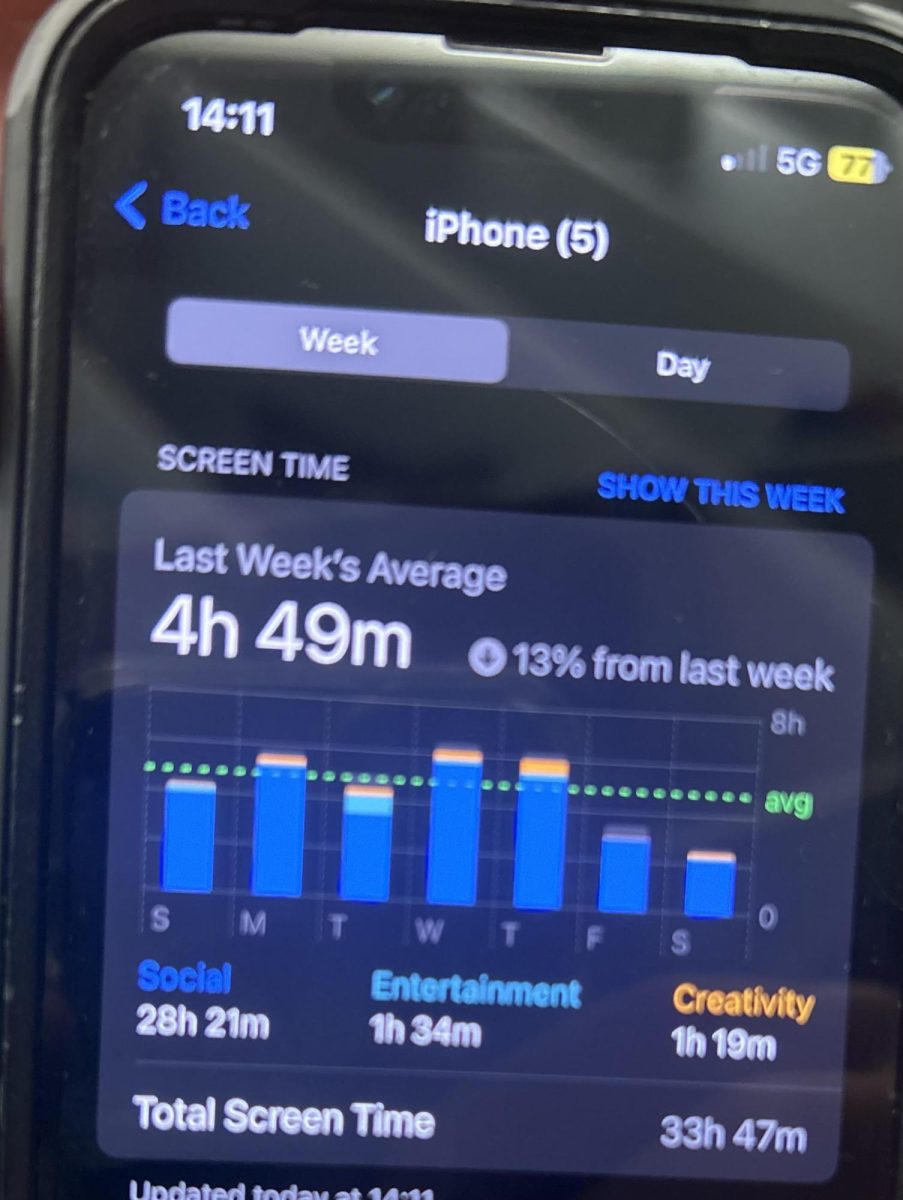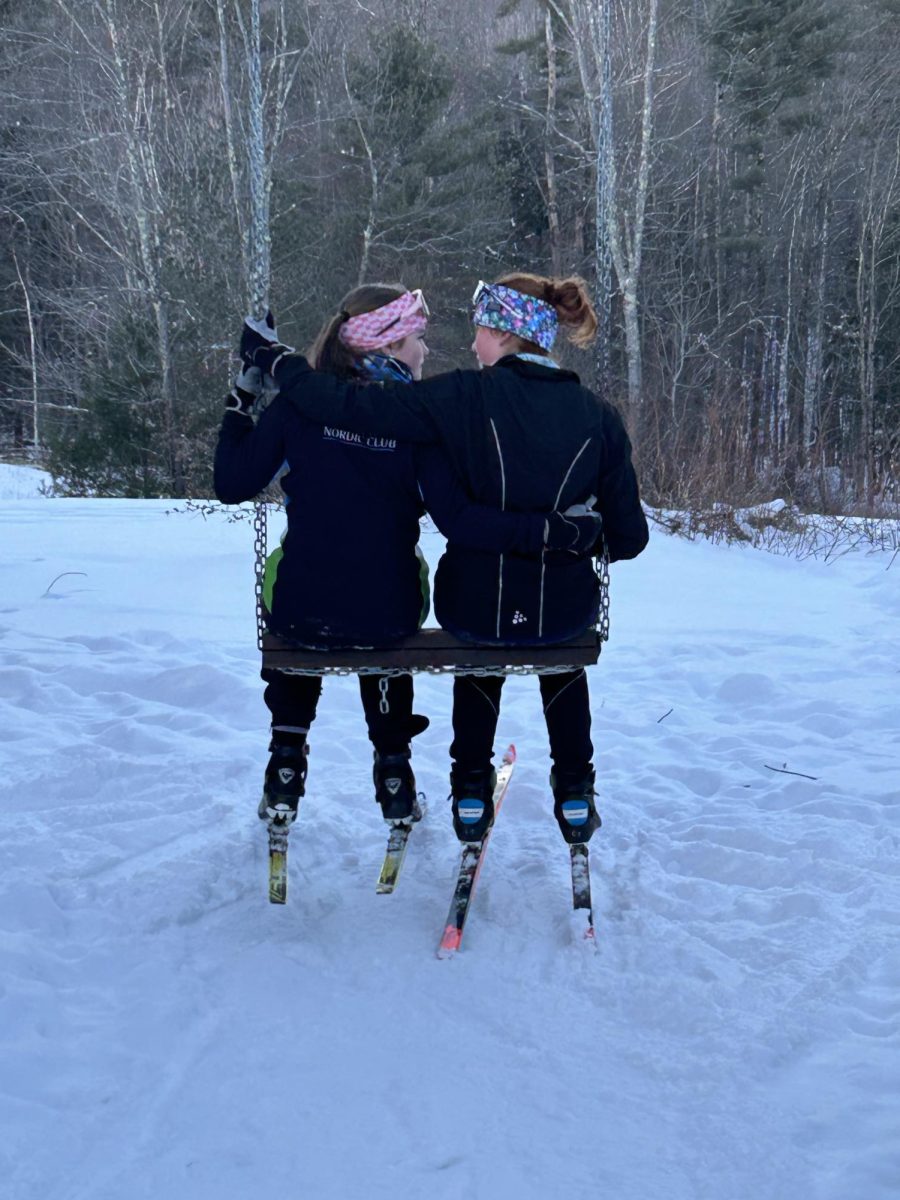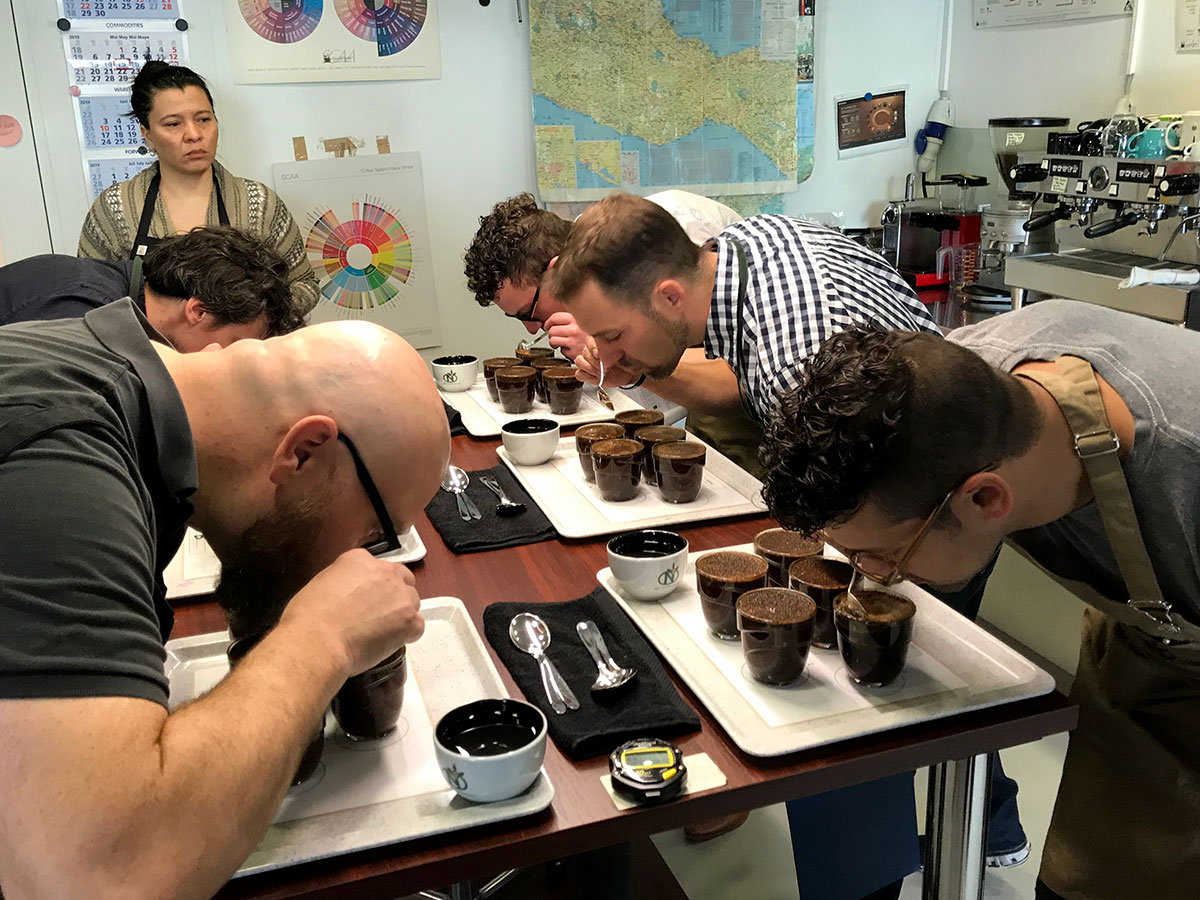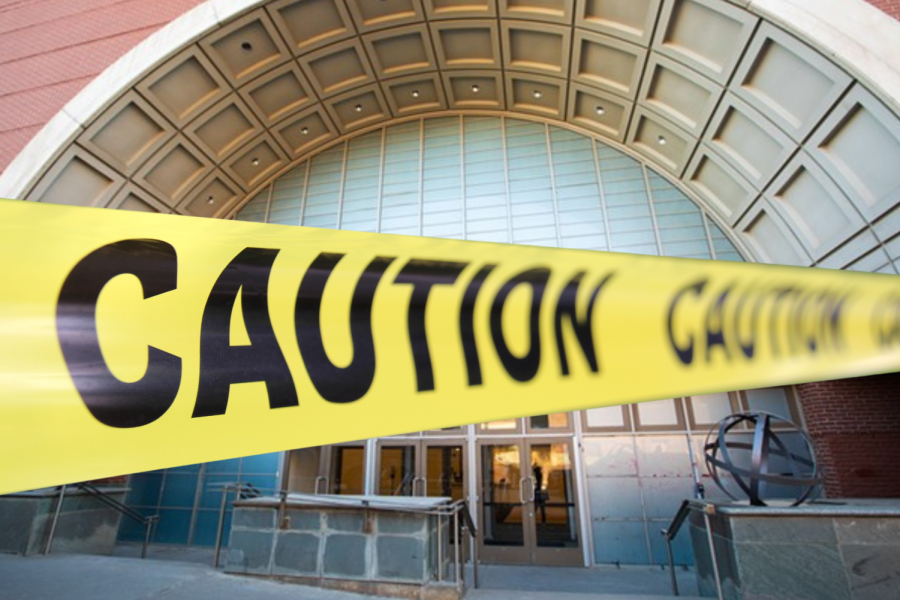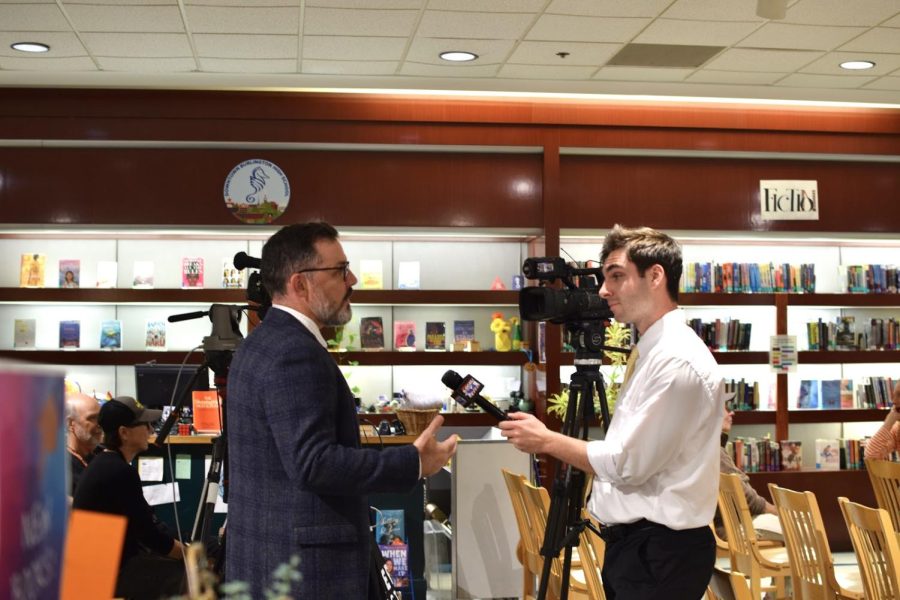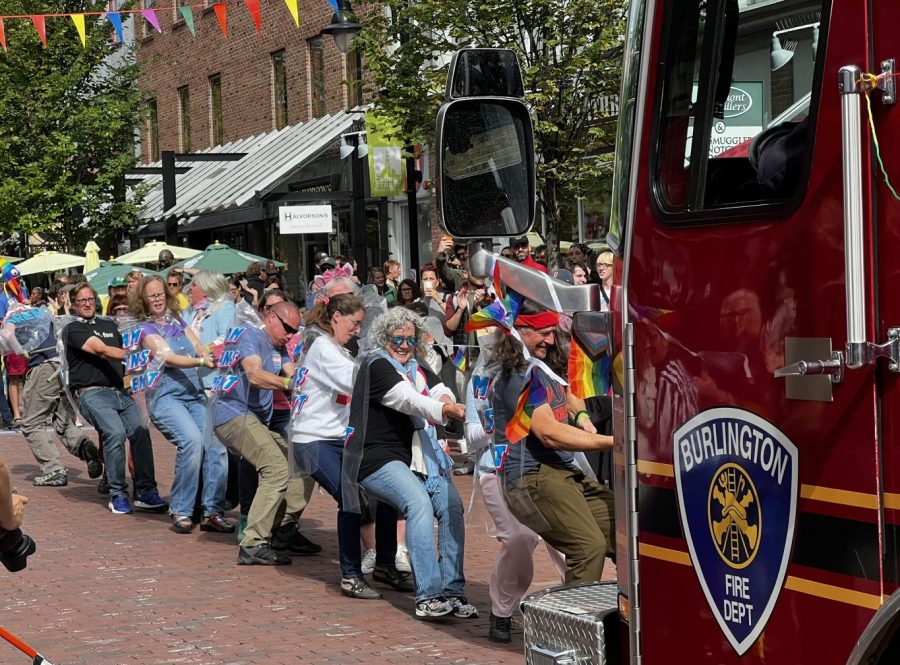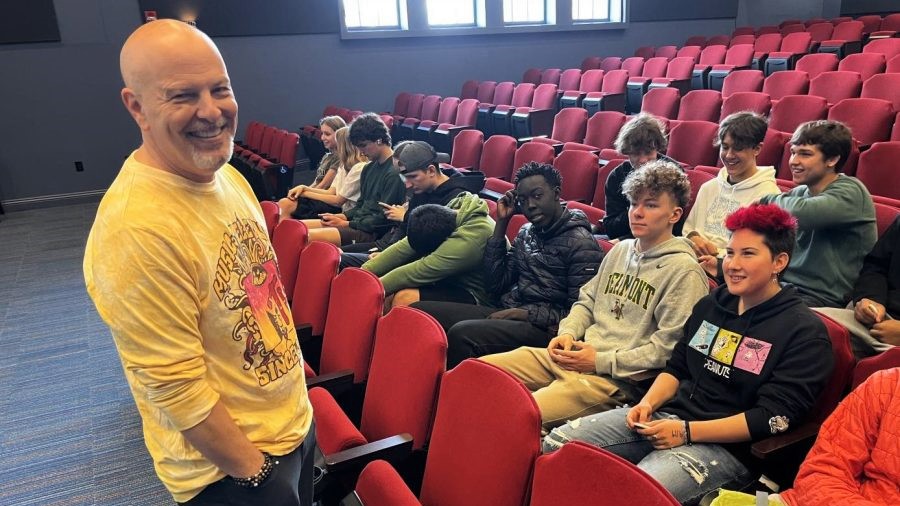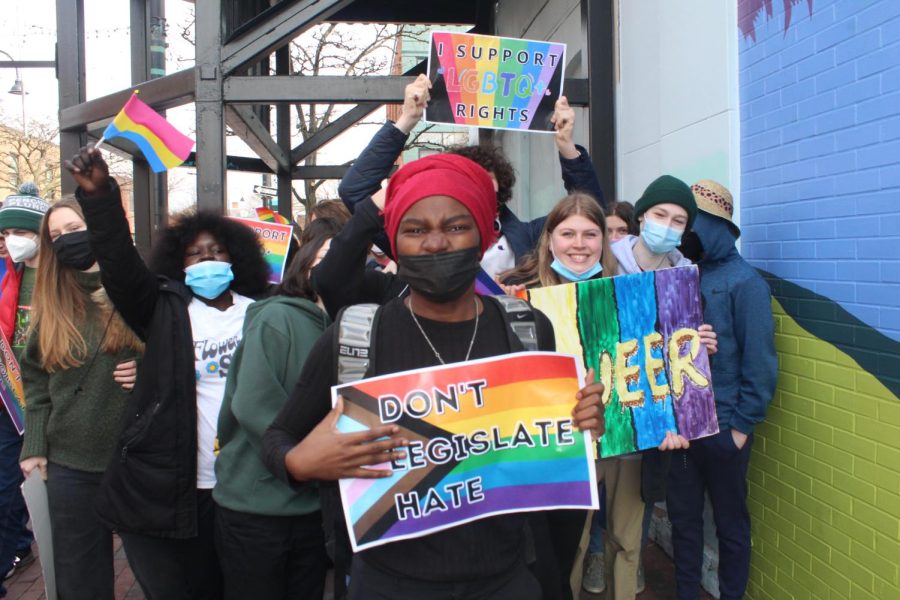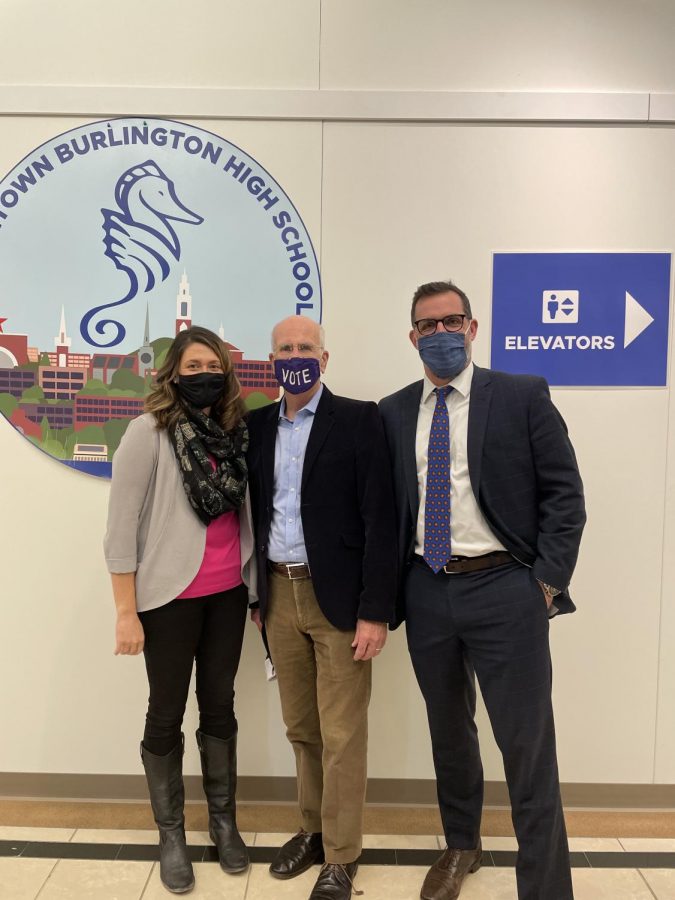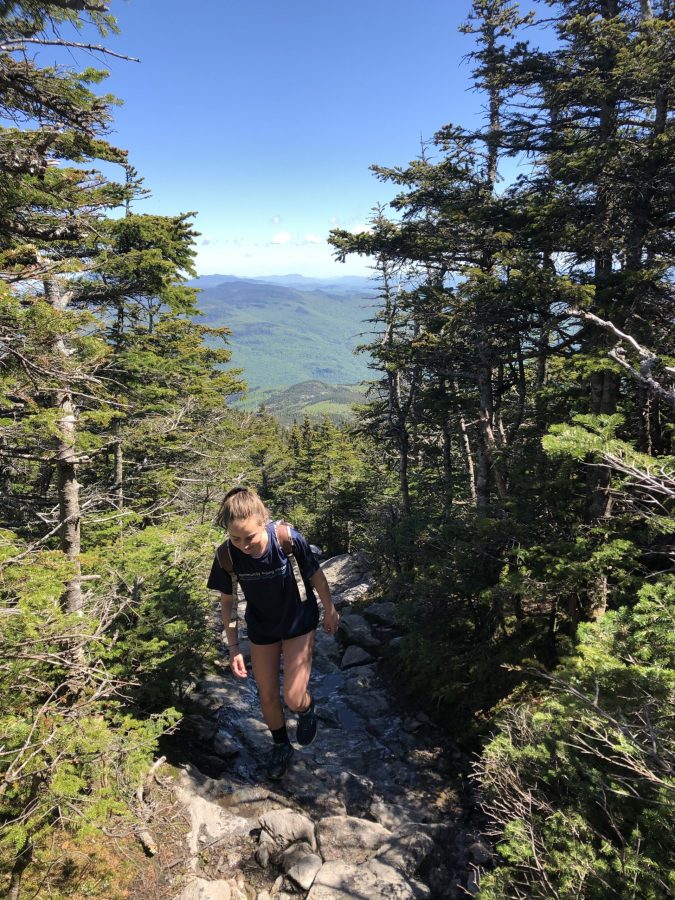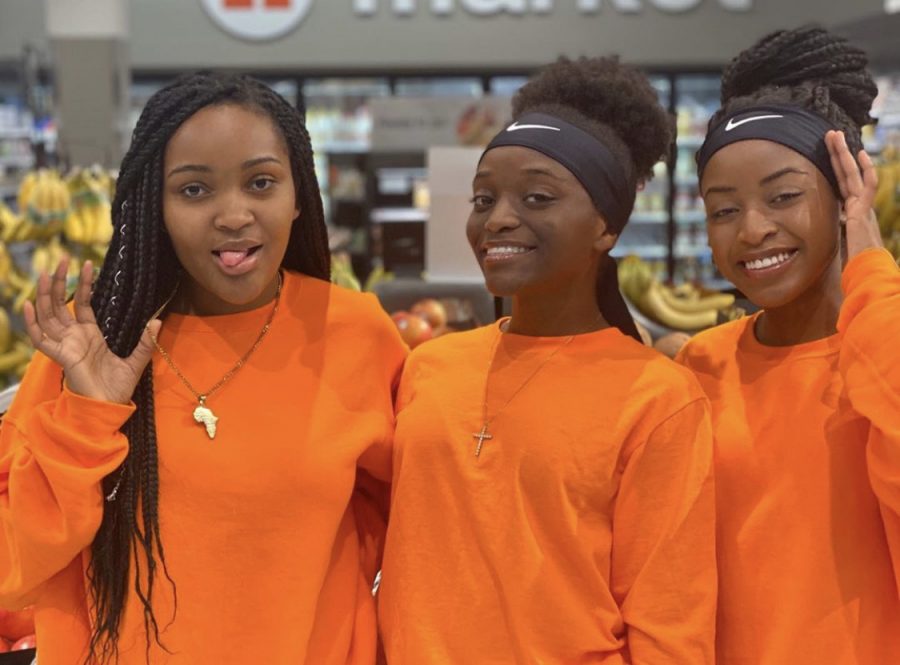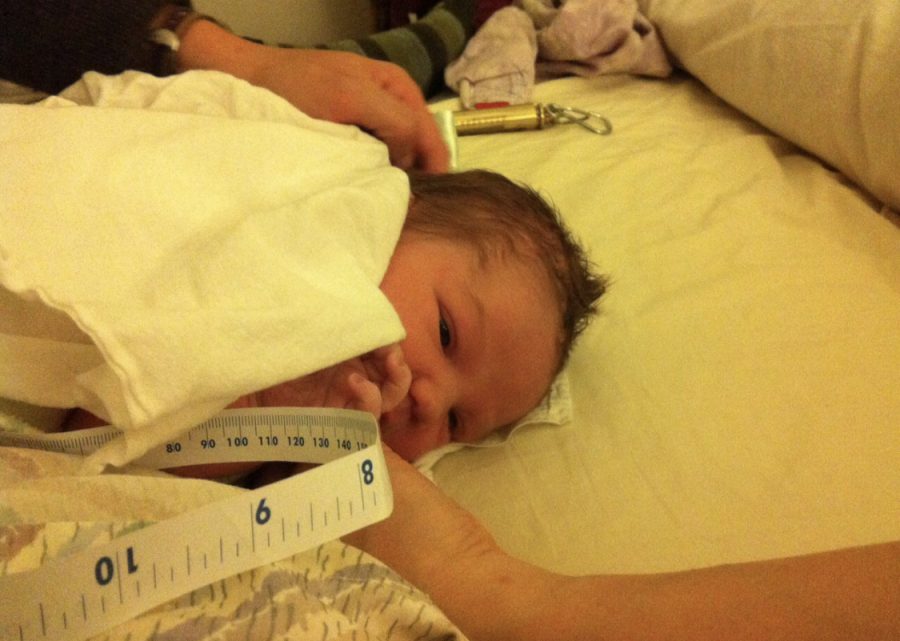“Life has sure changed since I was young,” Laurette Joudoin, a 97 year old Burlington resident, said with a smile. Joudoin was eager to speak with the BHS Register about how life has changed significantly in the past few months with the #MeToo movement.
In October of 2017, the New York Times broke a story alleging that Hollywood Producer Harvey Weinstein has sexually harassed and assaulted multitudes of women in the industry. Promptly, the hashtag #MeToo took off in an effort to show solidarity with victims of Weinstein and to raise awareness about the prevalence of sexual harassment.
As giants of the industry continue to be outed by the movement, Americans grapple with the impact of the #MeToo movement, and how to address the systemic issue that is now refusing to be silenced or ignored.
One thing is for certain: the #MeToo movement has made its mark.
“I think it’s a good idea!” Joudoin said.“The women are being abused too much for me.”
Although this movement seems like a great idea, making sexual harassment public isn’t always a simple feat. A survey conducted by Cosmopolitan revealed that 71% of female participants did not report an incident of sexual harassment.
“I don’t think it’s easy for people to admit that they have been sexually harassed or abused,” Sandy, a senior citizen helping to prepare lunch at the Heineberg Senior Center in Burlington, said. “It’s good they’re getting it out there.”
Sandy and Judy, who both prepared a delicious lunch of broccoli salad, beef stew with biscuits, and brownies for dessert, agreed that the media helped to bring such attention to the issue. Both asked for their last names not to be used in this article.
“I don’t think they would have spoken out [without the internet],” Judy said. “It wouldn’t be as big as it is [without it].”
Senior citizen Janet Curry said that her response to the movement was shaped by her childhood, which took place a long time before the internet.
“I grew up as a tomboy. I started playing cops and robbers, baseball, that kind of stuff. I had some wonderful friends; most of them were boys, and I just grew up as an equal,” Curry said. “It just irks me that people would take advantage [of a woman] because I had some really good [male] friends.”
Curry is still friendly with her male friends from her childhood, and knows that they would treat her with respect to this day. She has extreme sympathy for victims of sexual harassment.
“It’s like, ‘I’m no good. If this can happen, I’m no good,’” Curry said.
Joudoin felt that she has spent her life being very sheltered from this issue.
“I never went out of the house much because I cooked and sewed,” Joudoin said. “I wasn’t exposed to [sexual harassment], really. They’ve gone too far.”

But how far is too far? The answer to this question seems to vary among individuals.
“I can see [a man] patting a woman on her back; there was one [man] that patted [a woman] on the butt. That, they oughta be able to do,” Curry said. “That’s not sexual abuse.”
“Well, they go further than that!” Joudoin chimed in.
Definitions of what sexual harassment means varied among interviewees.
“Its a system where you want to overpower somebody and it’s not right,” Curry said, shaking her head. “It’s not right.”

Arlene Woods, 87, recognized that sexual harassment is extremely prevalent in the workplace, especially when a power dynamic is present.
“[A woman has to] perform things just to get a job or get higher in her job or to get more pay,” Woods said. “I just think [male sexual harassers in the workplace] took terrible advantage [of women], and some of them too terrible advantage over many, many [women].”
“It started out in the movies and television and actors, the guys who had money,” Woods said after a conversation about Weinstein. “I’d put [sexual harassers] in jail.”
The #MeToo movement left Woods feeling horrified at the amount of sexual harassment that occurs.
“It is scary to see how many of those women that had to put up with some man, I’m not going to call him a gentleman, who thought more of himself rather than her feelings,” Woods said. “It scared me to death.”
Theresa, a bingo-loving senior citizen who did not share her last name, expressed criticism of victims of sexual harassment rather than fearing the magnitude of the issue. She asked for her last name to be excluded from this article.
“When it happens, do something about it,” Theresa said, referring to the long time it took for victims of Weinstein to speak out. “They should forget it. Why bring it up two years after?”
Judy, however, praised those who have spoken out, even years after an incident of sexual harassment occurred, for being brave.
She sees the #MeToo movement as extremely powerful and foresees lasting impacts.
According to Curry and Joudoin, the #MeToo movement has impacts that are part of an even bigger societal development: women rising up. Curry has seen improvement in a woman’s role in society during her life.
“We grew up in a society where the male was dominant. It’s like an overpowering thing: ME MAN, YOU WOMAN!” Curry said, imitating Tarzan, “And now you’ve got sports that women are excelling in – beyond what men can do. Give [women] a chance! They can probably run all over you.”
When the role of women changes, Curry believes that men benefit as well.
“I’ve got a son-in-law and after he retired, he became a nanny watching his grandchildren, which he’s enjoying tremendously,” said Curry. “And, [he] loves to cook.”
“I wish mine would’ve [cooked]!” Joudoin said of her late husband.
Joudoin’s husband was the one who did the driving in her family; like many other women of her time, she never learned to drive.
“I am really old, and I never drove a car! I tried it once and my husband said, ‘never mind, I’ll take you.’”
Both women are confident that gender roles are softening for the betterment of both men and women.
“Whoever’s the best, do it,” Curry said. “Things are changing, and I think it’s good.”
Originally published in print in February of 2018.



